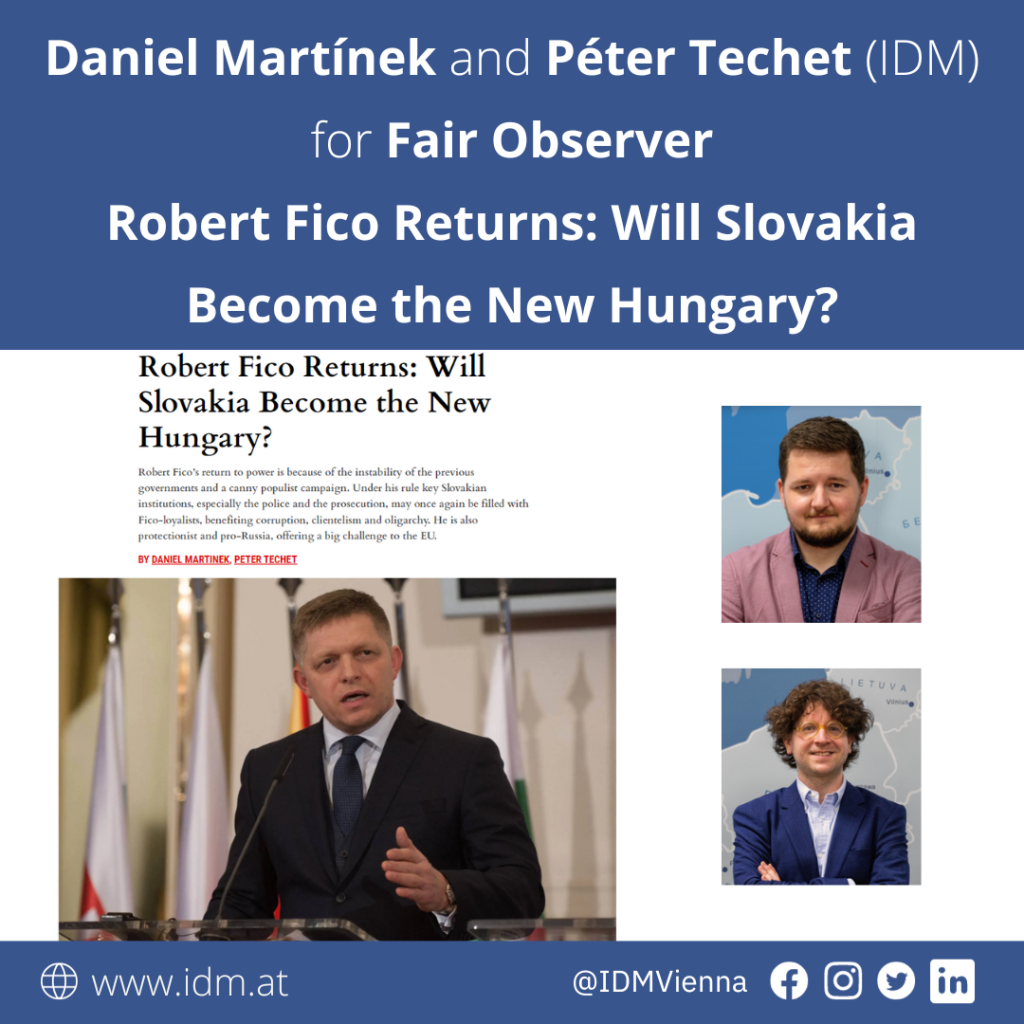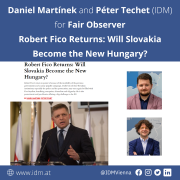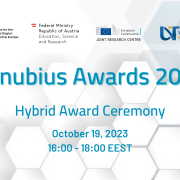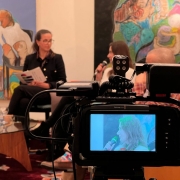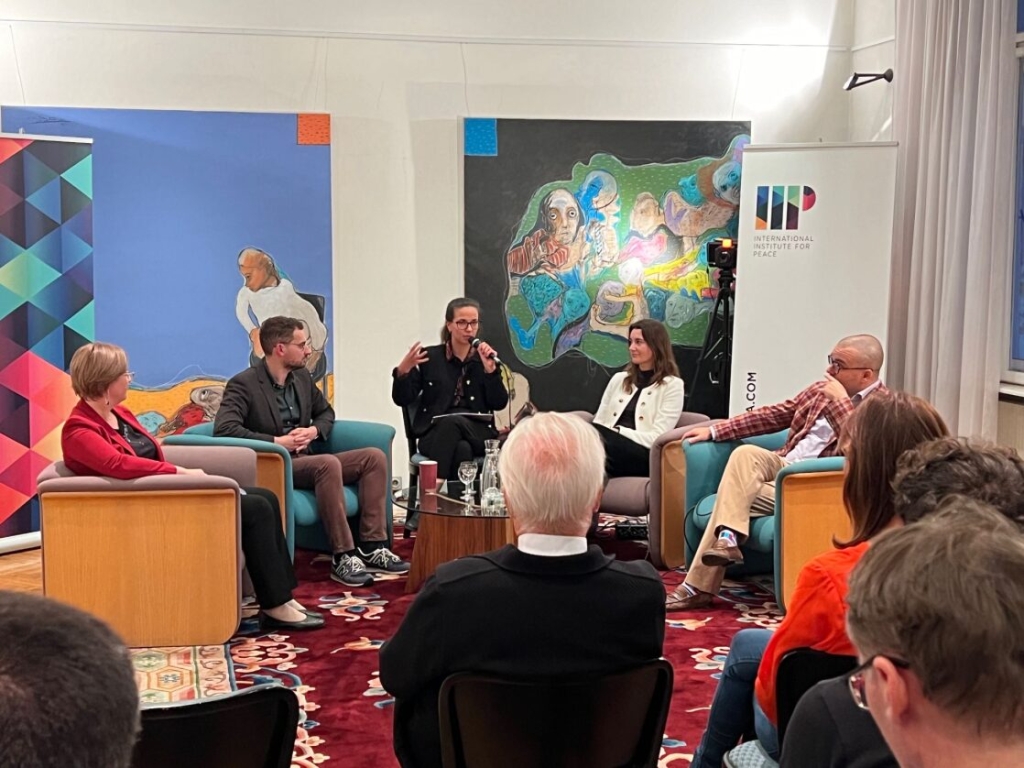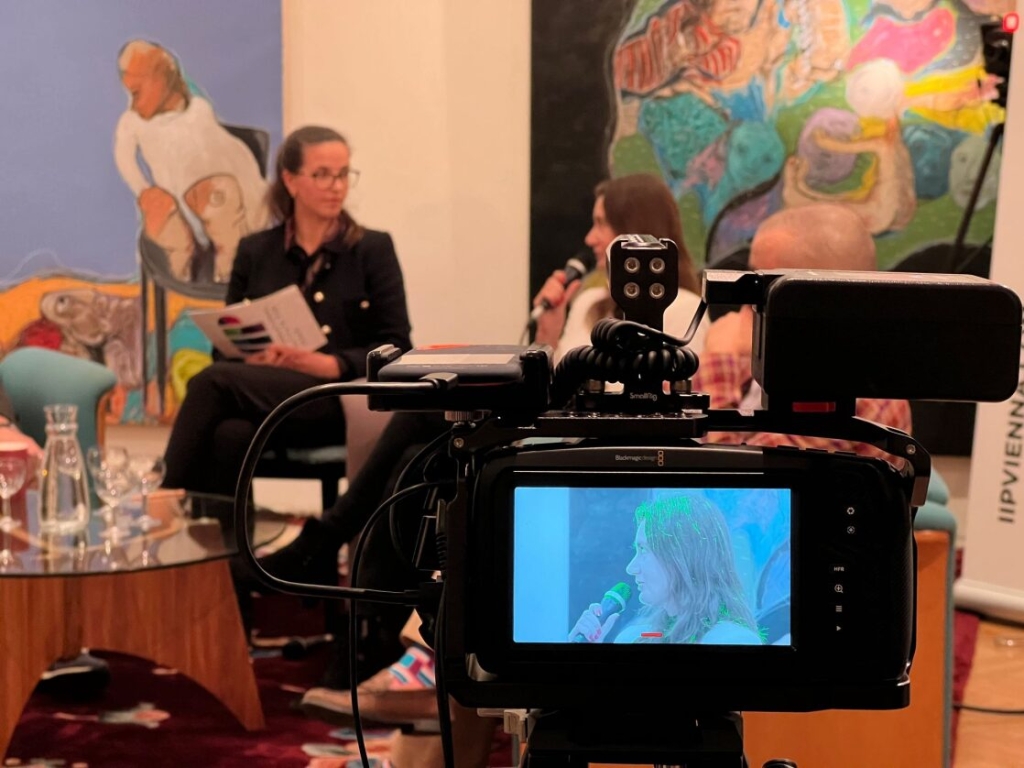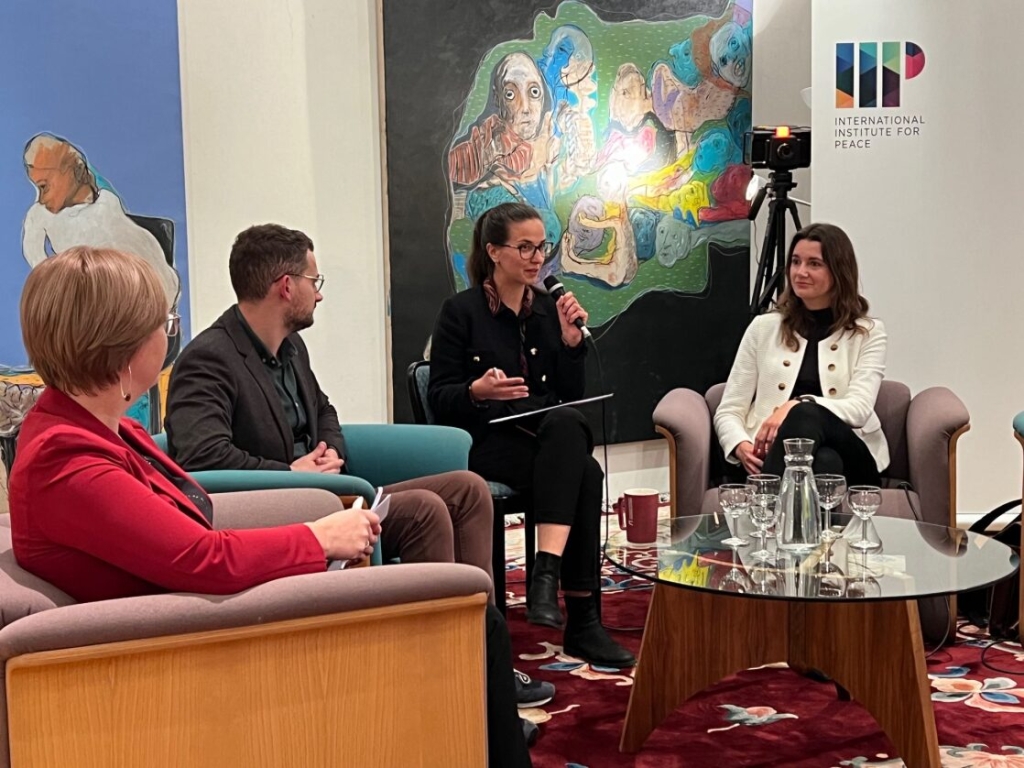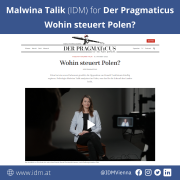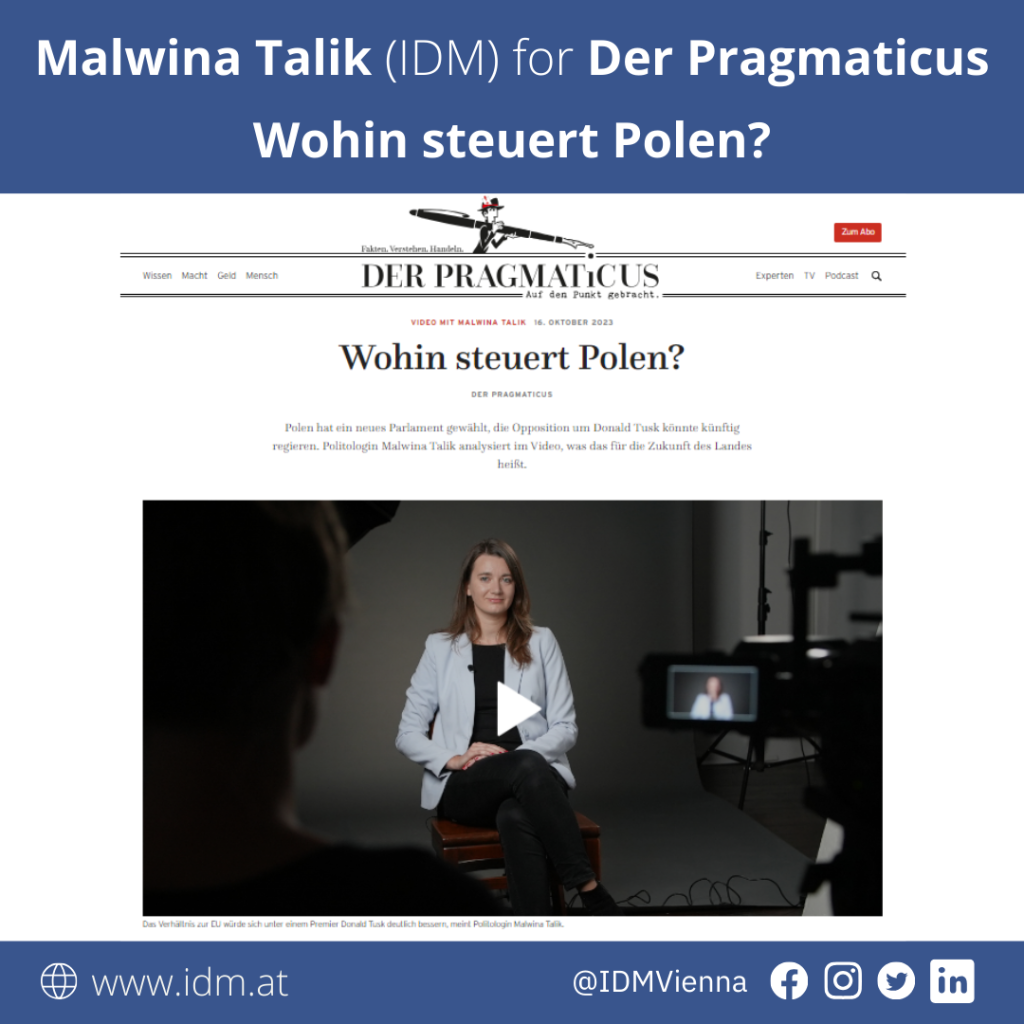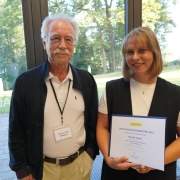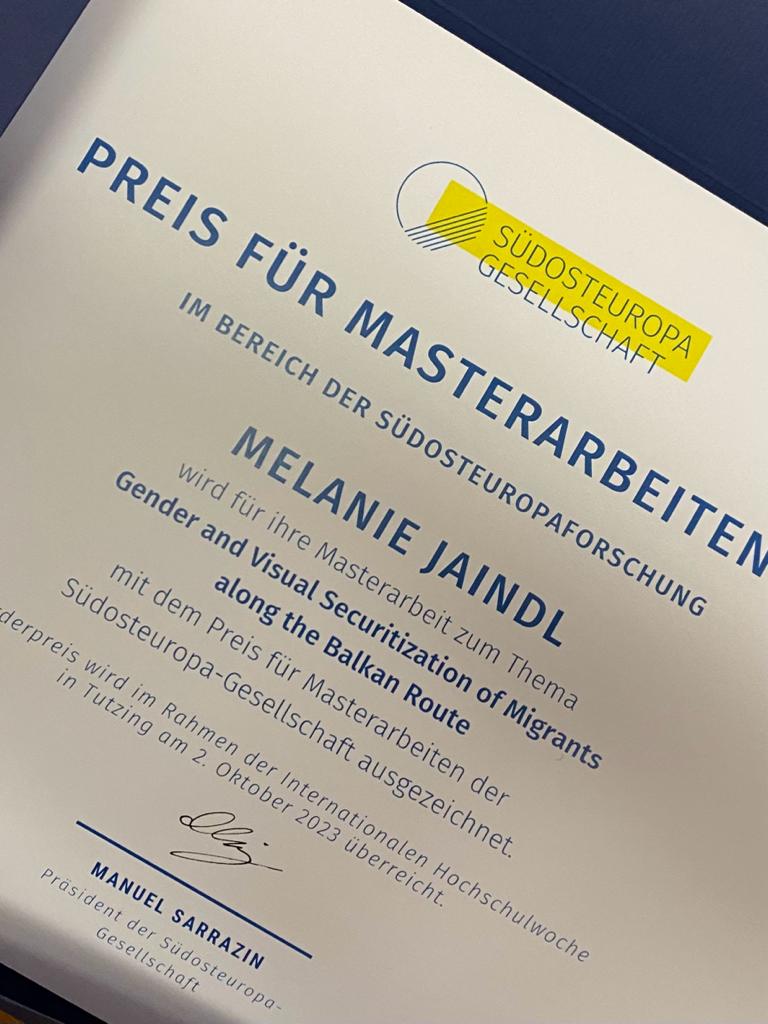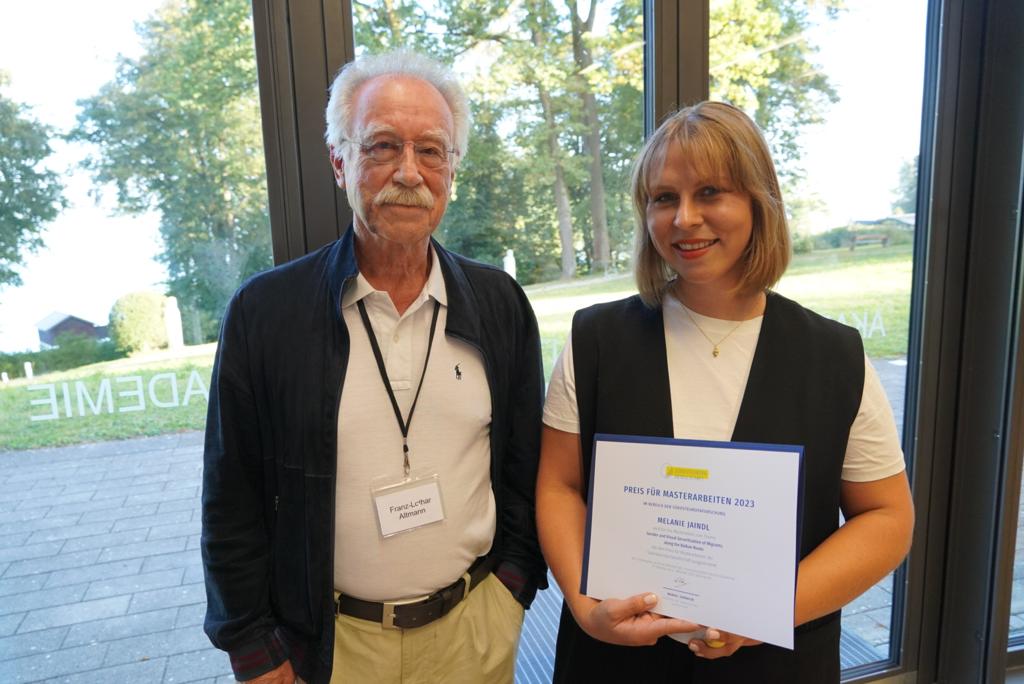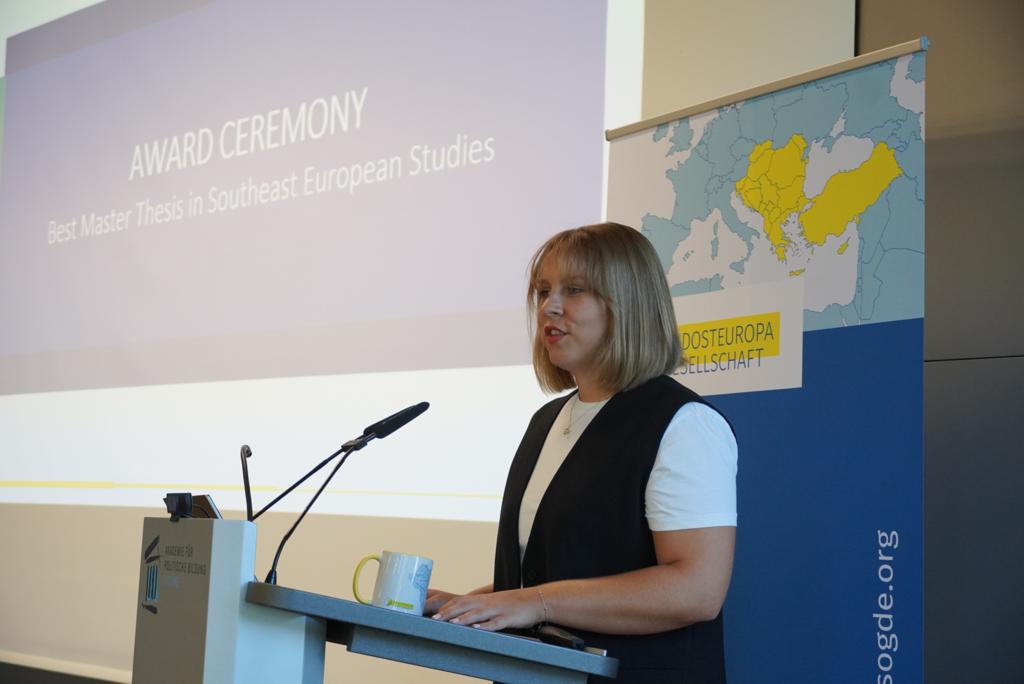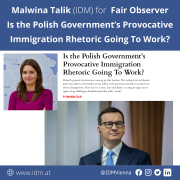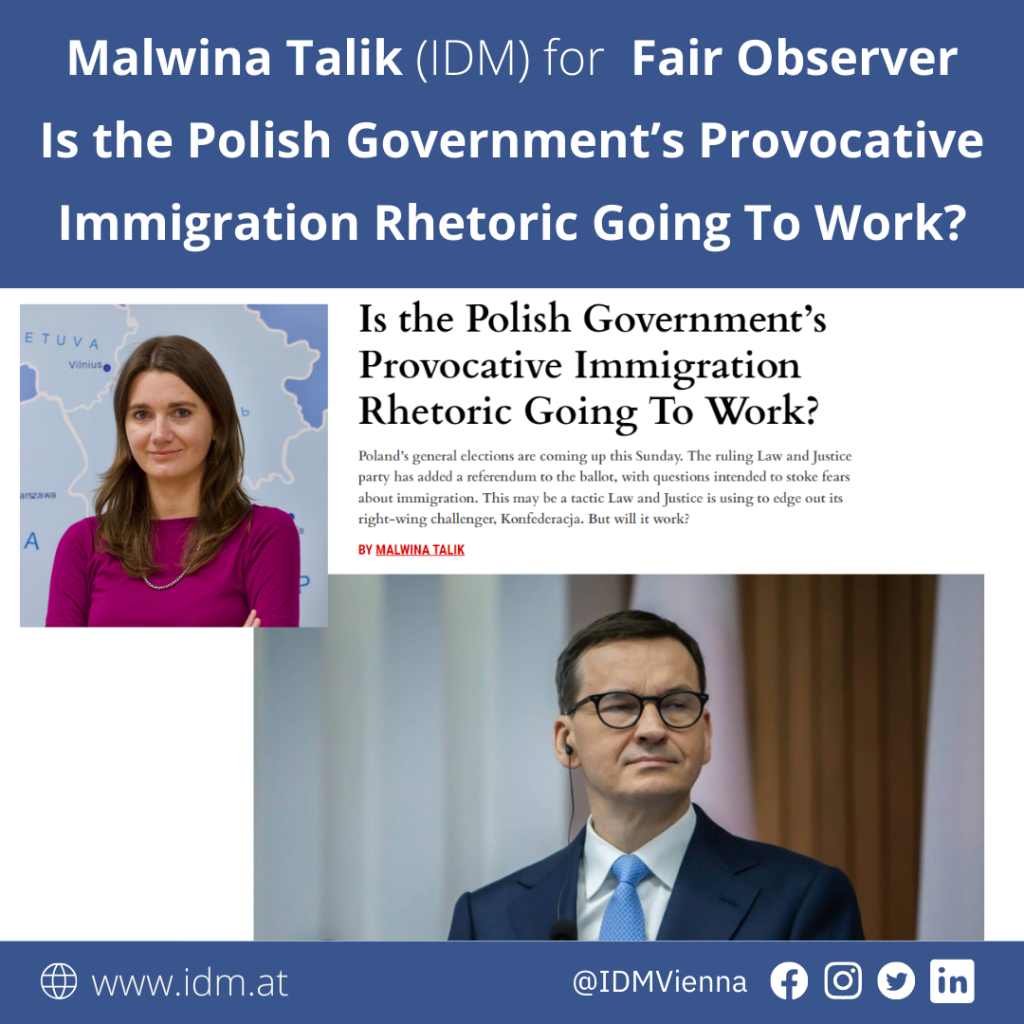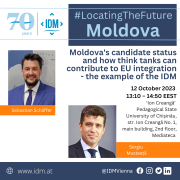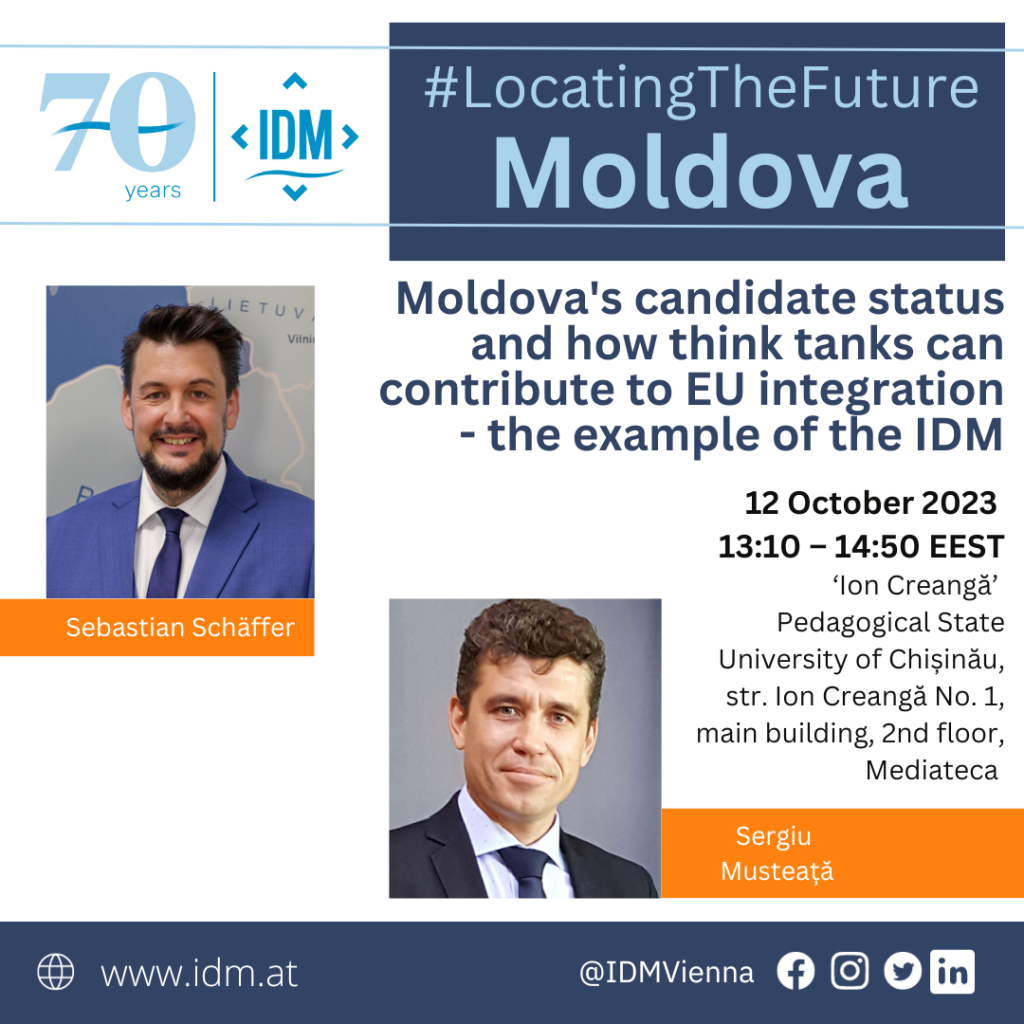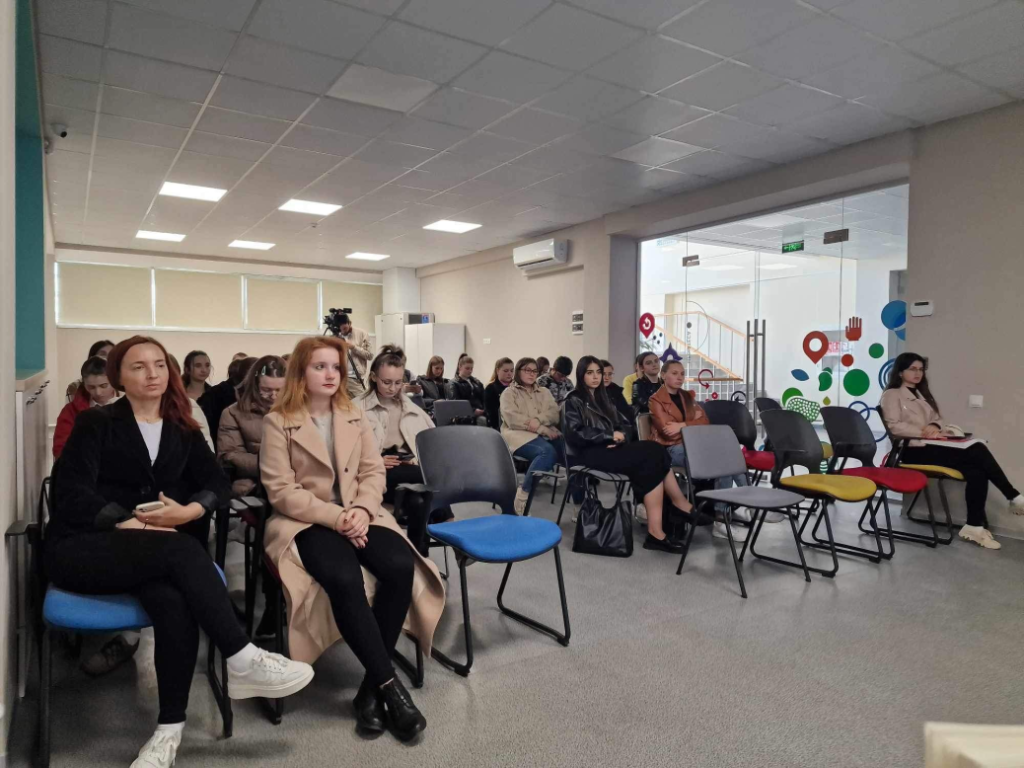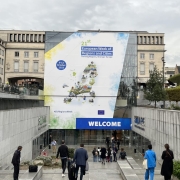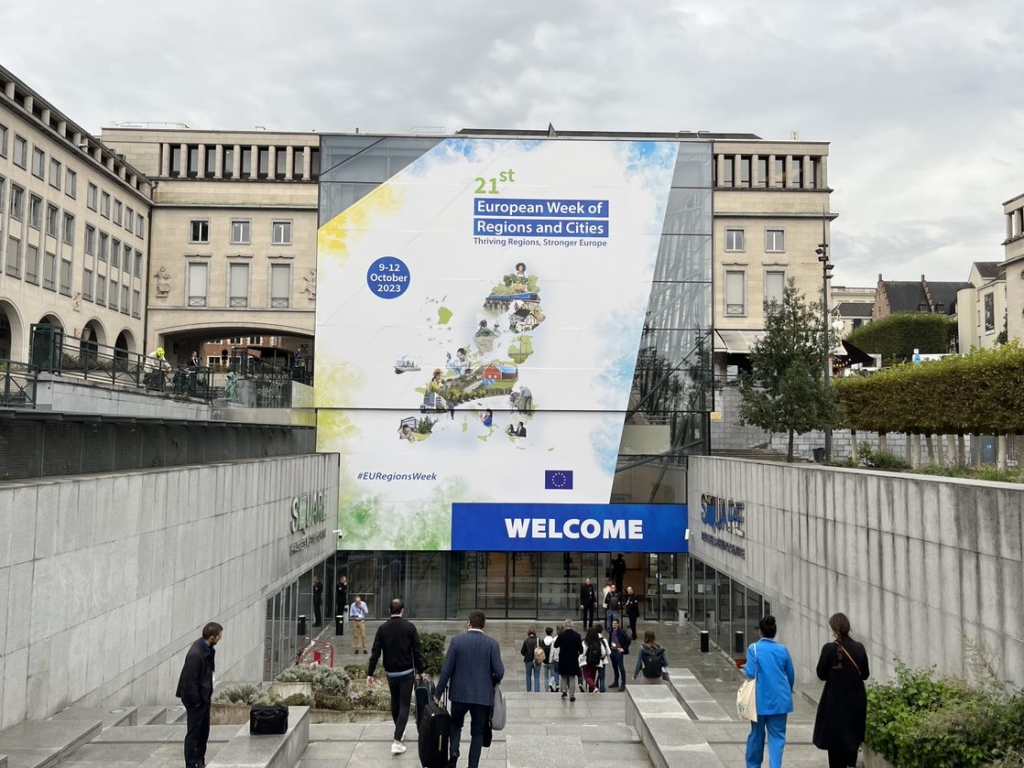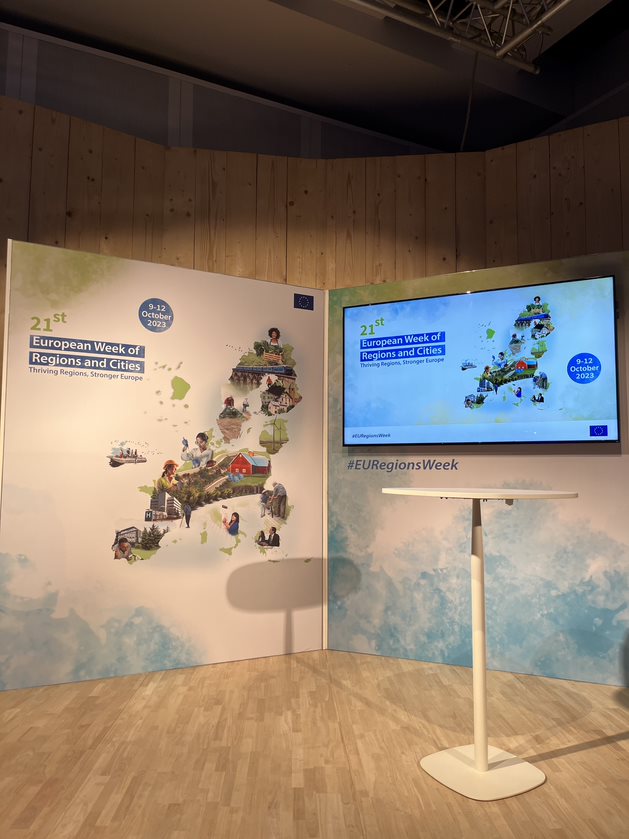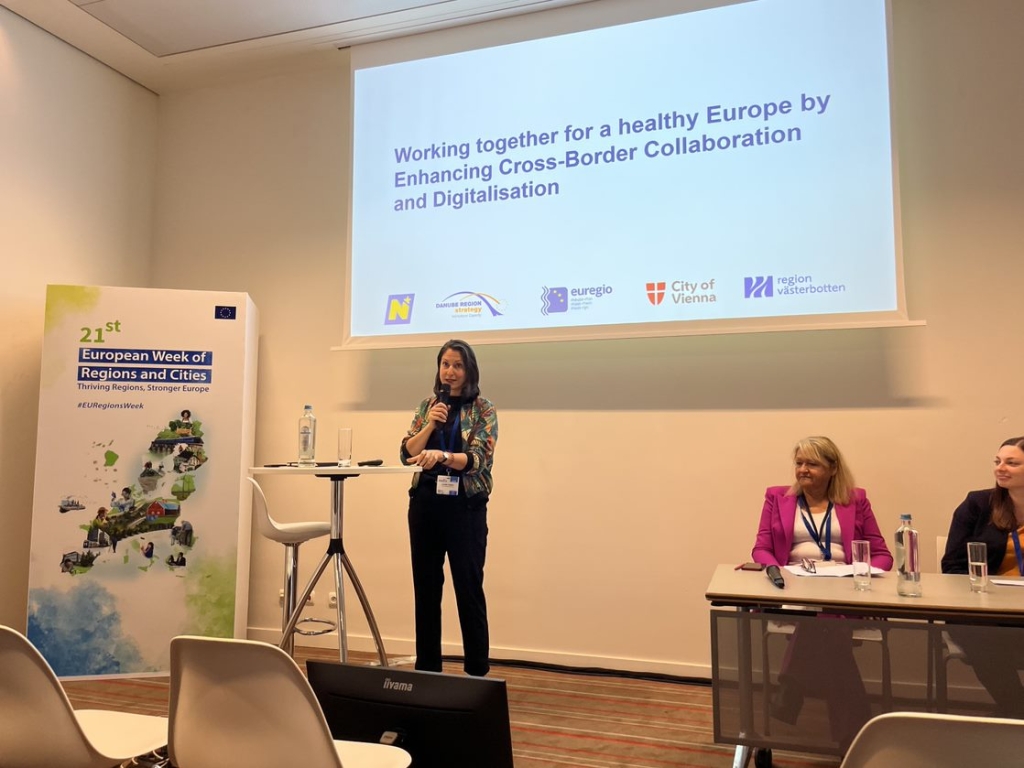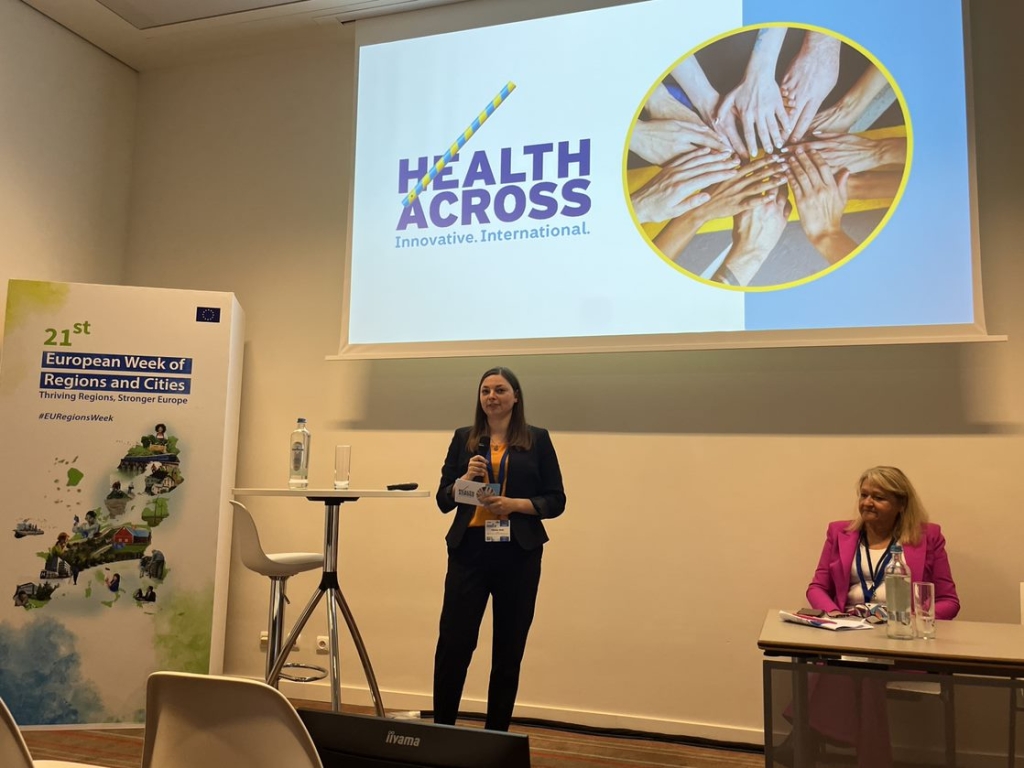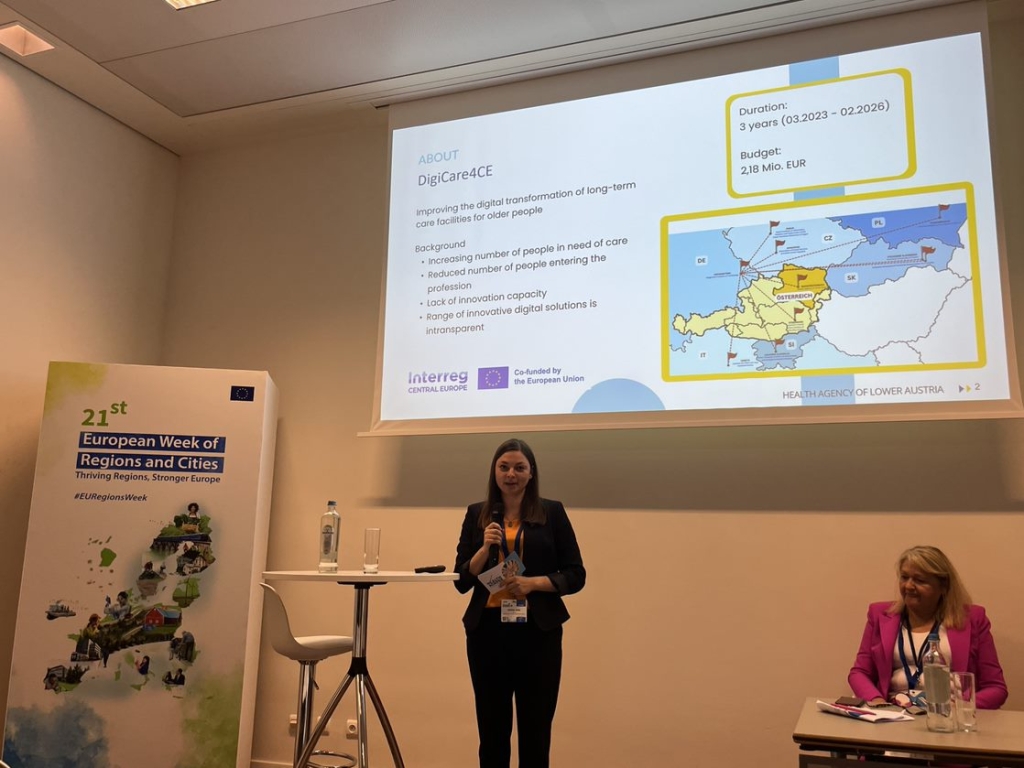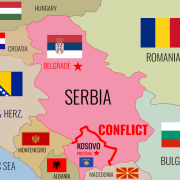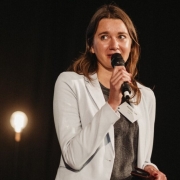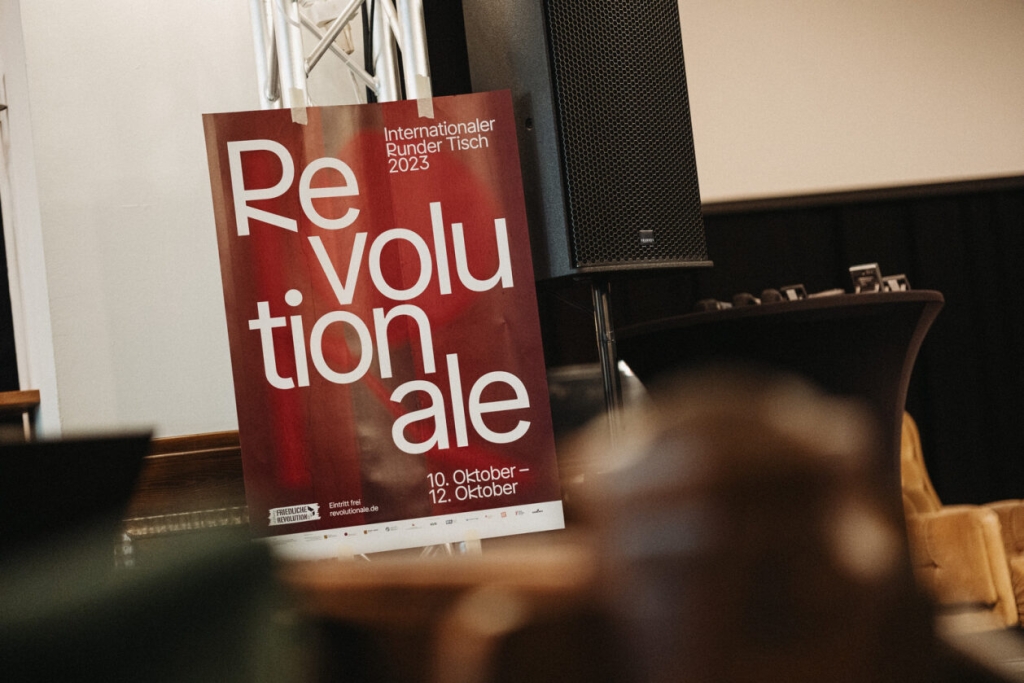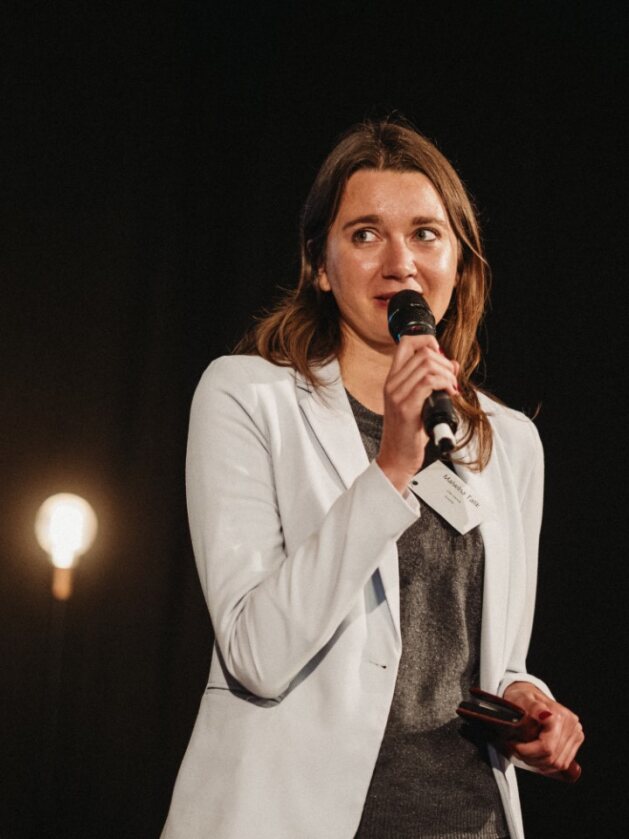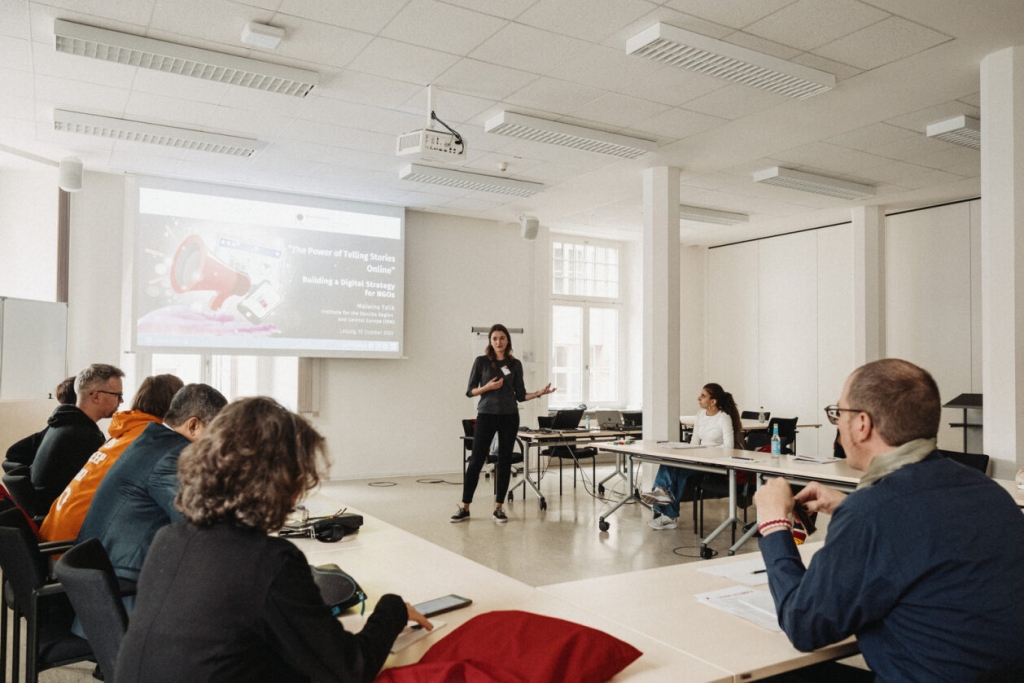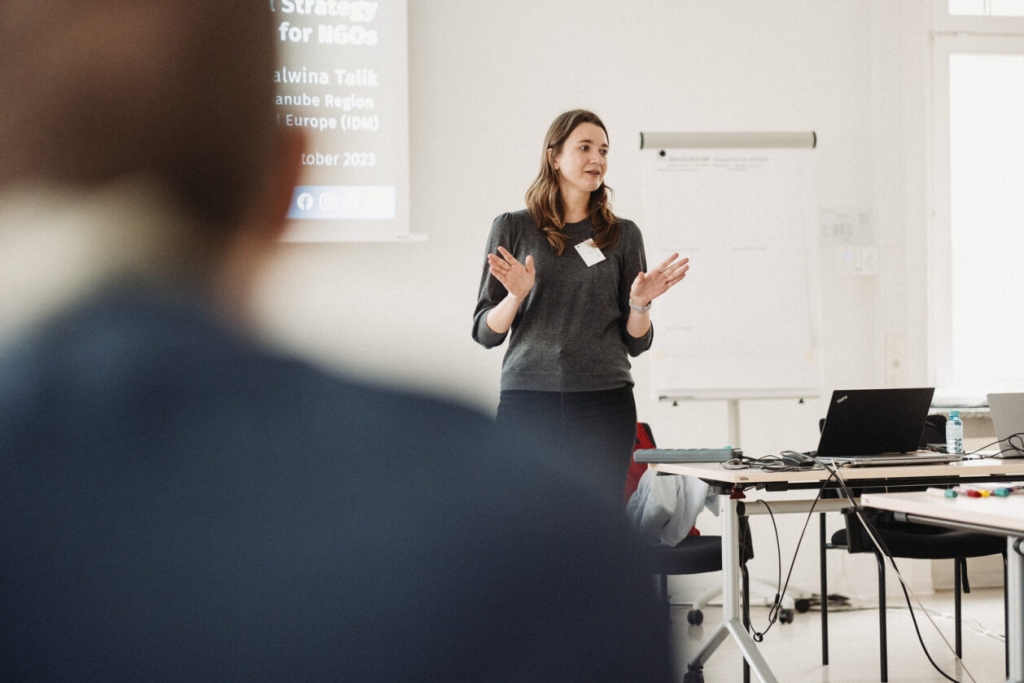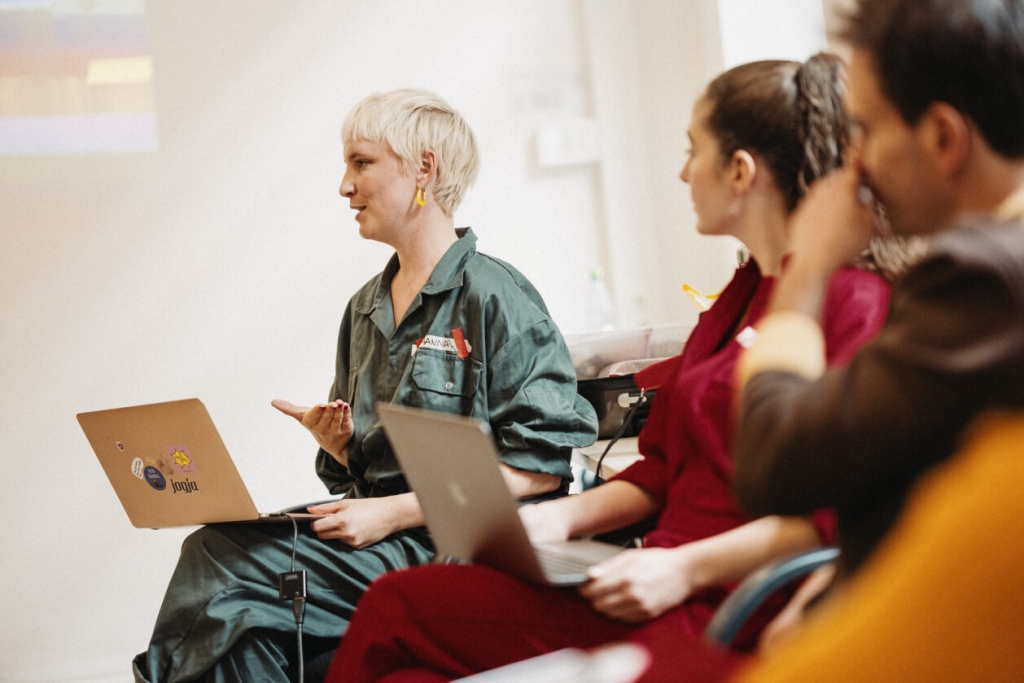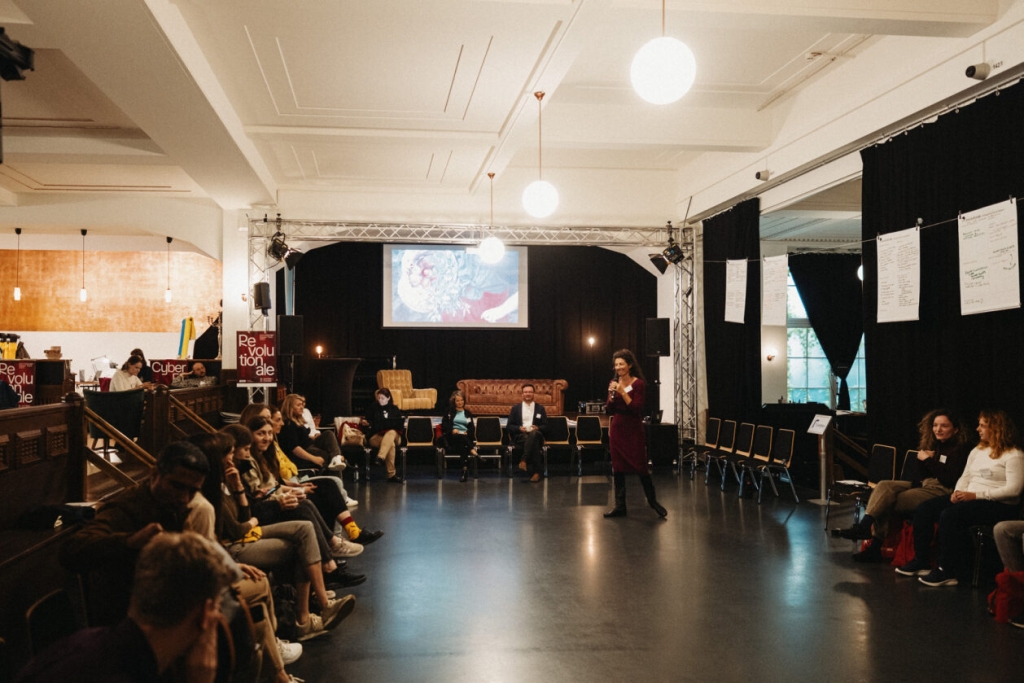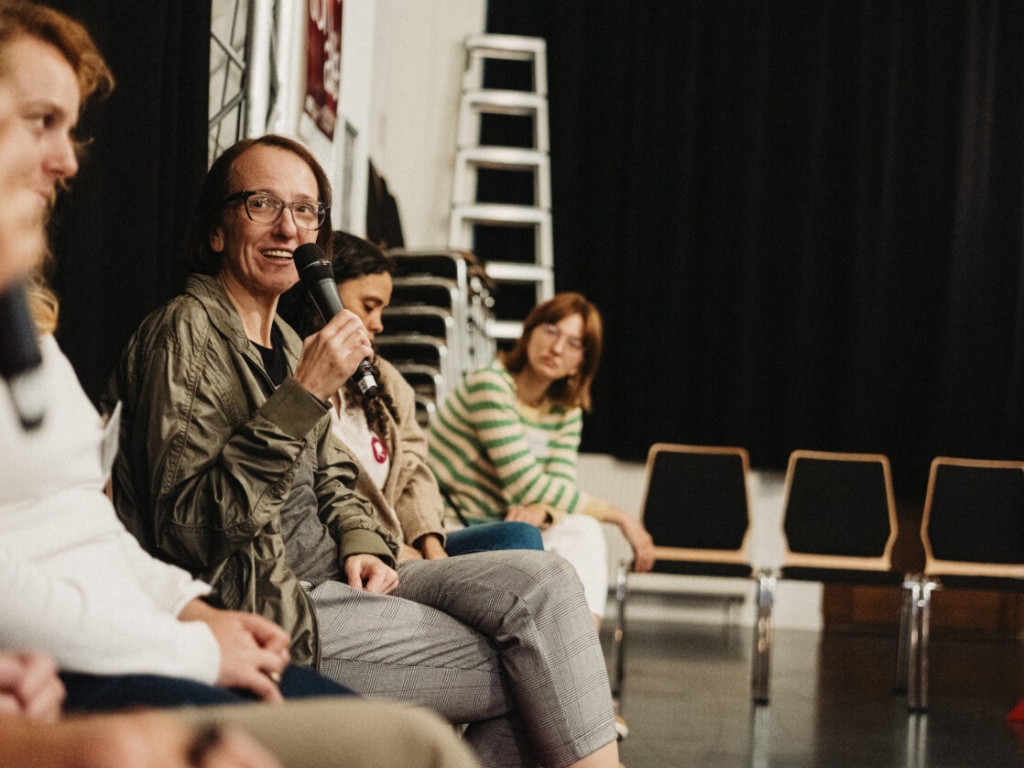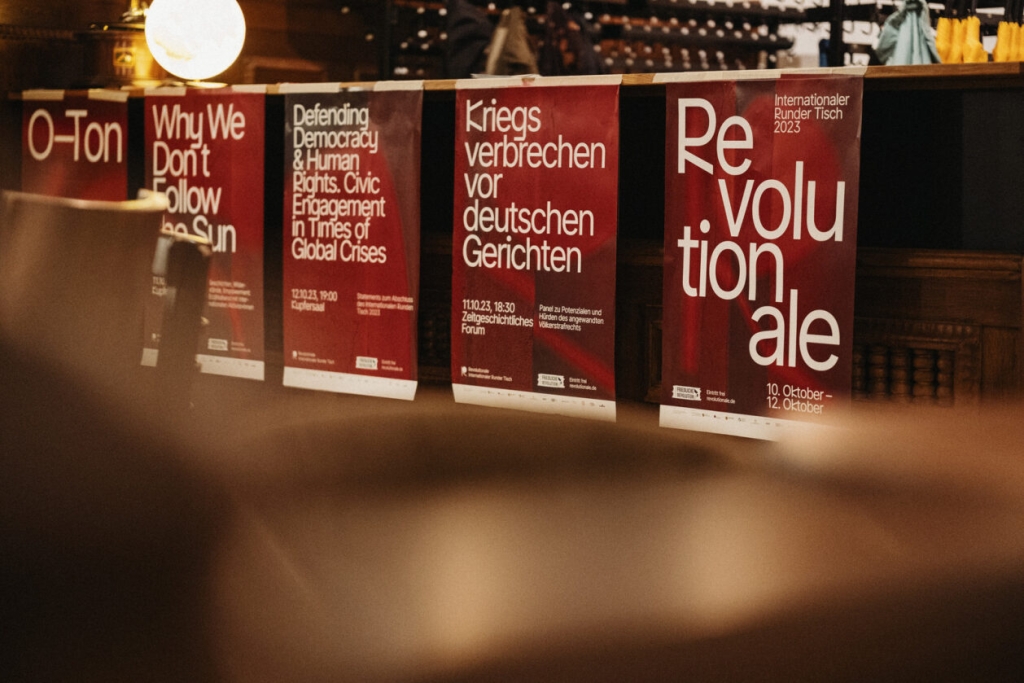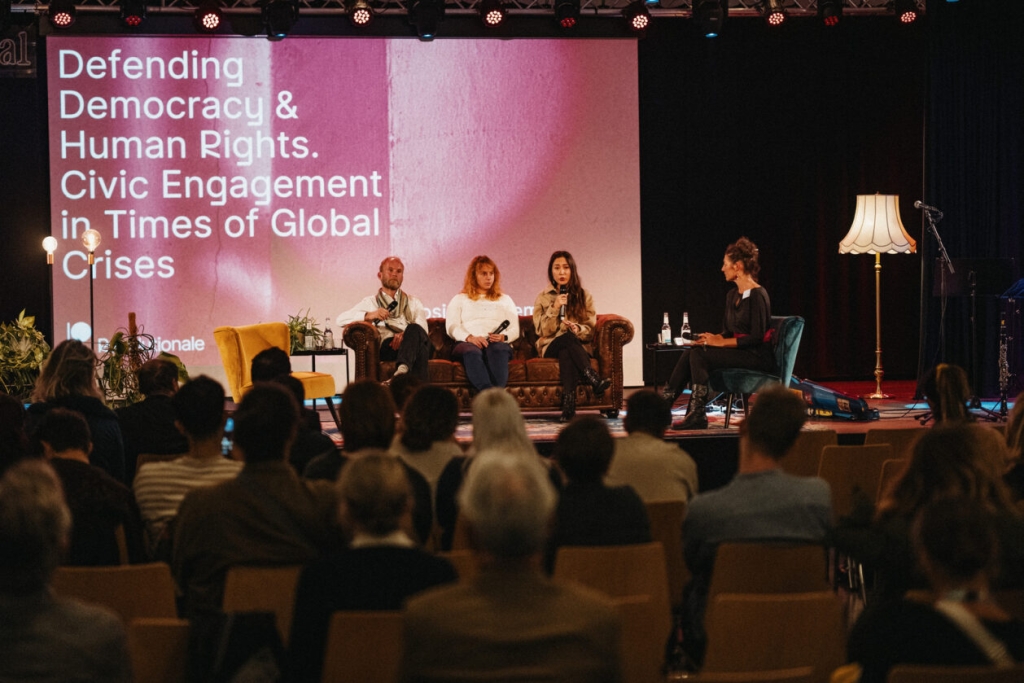Federal Minister Polaschek: Researchers honoured as part of the Danubius Awards 2023
Sub-heading: At the Danubius Awards 2023, researchers from the Danube region were acclaimed for their academic achievements.
On 19 October, researchers who have made outstanding contributions to the Danube Region were honoured at the Danubius Awards 2023.
The “Danubius Award 2023” went to Prof. Andreas H. Farnleitner. Dr Marco Beaumont was presented with the “Danubius Mid-Career Award 2023”. In addition, 14 young scientists from the Danube Region were granted with the “Danubius Young Scientist Awards”.
Martin Polaschek, Federal Minister for Education, Science and Research, congratulated the award winners and emphasized the great relevance of excellent scientific research for the academic hub of Austria and the Danube Region.
“The award winners impressively demonstrate the fundamental contribution of science to the preservation of the Danube region as a living and economic area, and to the development of solutions in terms of sustainability. I congratulate Prof. Farnleitner and Dr Beaumont very warmly on their well-deserved award and thank them for their academic commitment,” said the Federal Minister. “In addition, I am pleased that we have awarded the Danubius Young Scientist Awards for the tenth time this year, thus contributing to the increased visibility of the excellent talents in the region. I warmly congratulate all the awardees on their success. With their outstanding performance, they are taking our research and science hub a big step further.”
The “Danubius Award” was established in 2011 to commend individuals who have dealt with the Danube region in an outstanding way through their academic work or creations. This year’s award winner, Prof. Farnleitner, focuses on water quality and health, specifically on hazard and risk assessment and the management of microbiological contaminants in water. By developing and applying new genetic analytical tools for the source detection of faecal pollution and pathogens in water, he contributes to the fundamental understanding of water quality along the entire Danube and its catchment area. Farnleitner is an appointed professor of microbiology and molecular diagnostics at the Vienna University of Technology and also holds the chair of microbiological diagnostics at Karl Landsteiner Private University.
Dr Beaumont, who received the “Danubius Mid-Career Award 2023”, dedicates his research to the utilization of biomass waste streams and the development of sustainable chemical processes for the modification of biopolymers. His work contributes to the development of local biorefinery concepts, using aquatic plants from the Danube region as feedstocks to support the development of a future biobased economy in this region. Beaumont works at the University of Natural Resources and Life Sciences Vienna, where he is part of the Institute of Chemistry of Renewable Resources and leads the research group “Chemistry of Renewable Nanomaterials”.
Award categories and selection
The “Danubius Award” is awarded annually, with achievements in the humanities, cultural and social sciences and achievements in the life sciences (2023) recognized on an alternate basis. The prize is endowed with € 5,000.
The “Danubius Mid-Career Award” is endowed with € 2,200 and has been awarded since 2017 to researchers who have provided important impulses for the Danube region in their academic career within 15 years of completing their last formal degree.
The two award winners were selected by an independent expert jury chaired by Prof. Martin Gerzabek (University of Natural Resources and Life Sciences Vienna).
The “Danubius Young Scientist Awards” have been presented since 2014. These accolades, which are open to all disciplines, highlight the scientific work and talent of young researchers and help ensure that up-and-coming scientists engage with the Danube and the Danube region in a variety of ways. The prizes for young researchers are endowed with € 1,350 per award winner. The selection is made by an international peer review.
By granting these awards, the Austrian Federal Ministry of Education, Science and Research contributes to the implementation of the EU Strategy for the Danube Region (EUSDR) adopted by the European Council in 2011.
Laureates of the “Danubius Young Scientist Awards”:
| Austria |
Magdalena Baran-Szołtys |
| Bosnia and Herzegovina |
Mirza Buljubašić |
| Bulgaria |
Nevena Aleksieva |
| Croatia |
Stjepan Srhoj |
| Czech Republic |
Zdeněk Jakub |
| Germany |
Benedikt Bagemihl |
| Hungary |
Ádám Lovas-Kiss |
| Moldova |
Anastasia Ivanova |
| Montenegro |
Isidora Stanković |
| Romania |
Alexandra Cehan |
| Serbia |
Olja Šovljanski |
| Slovakia |
Dominika Oravkinová |
| Slovenia |
Tina Kegl |
| Ukraine |
Ivan Laktionov |
